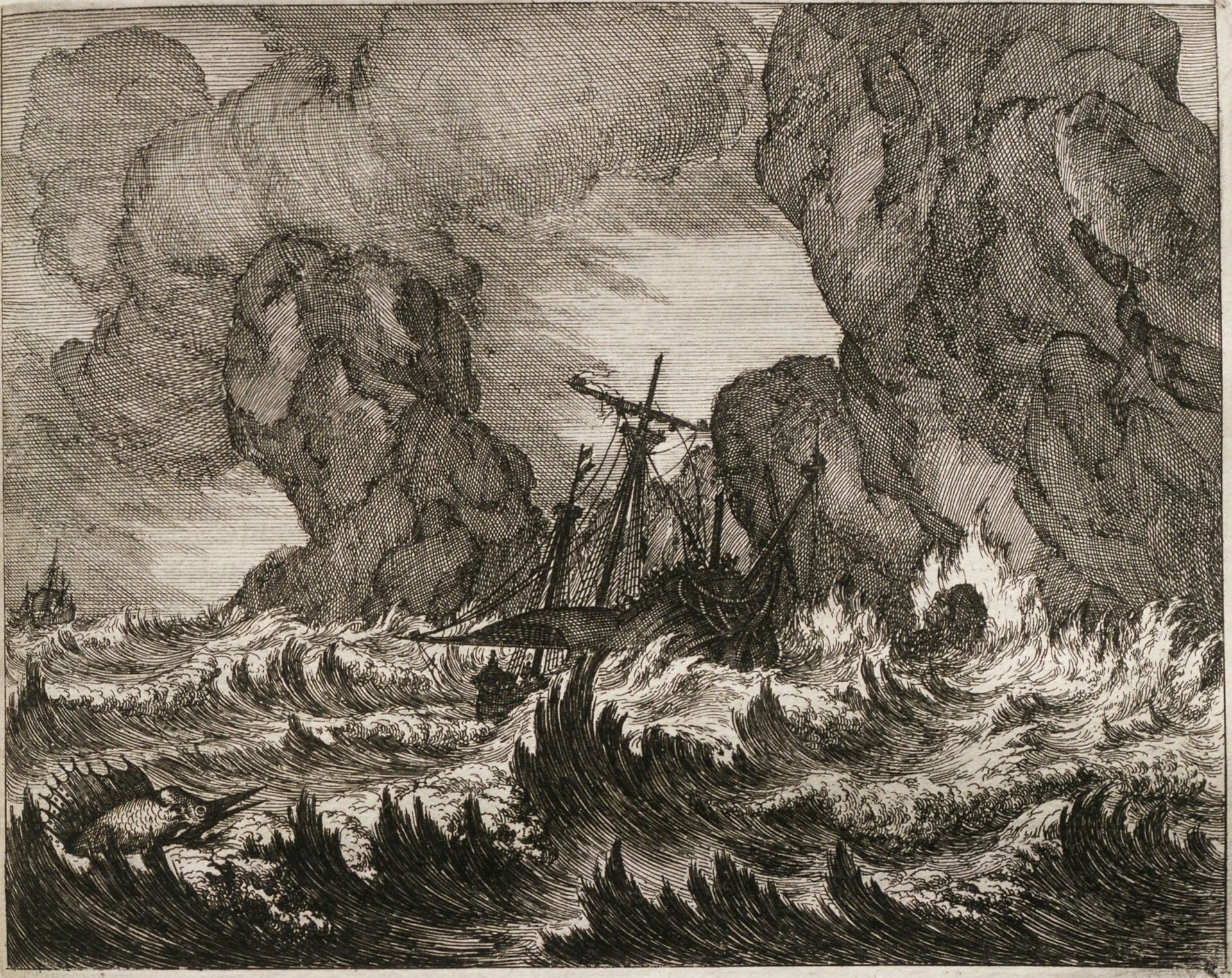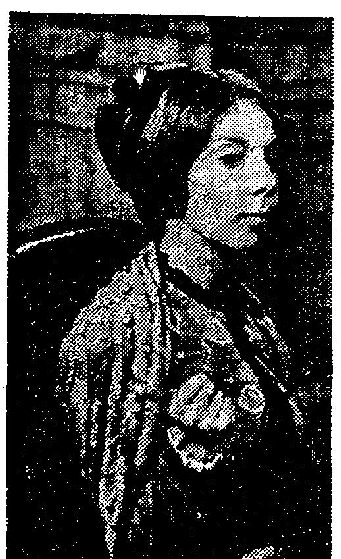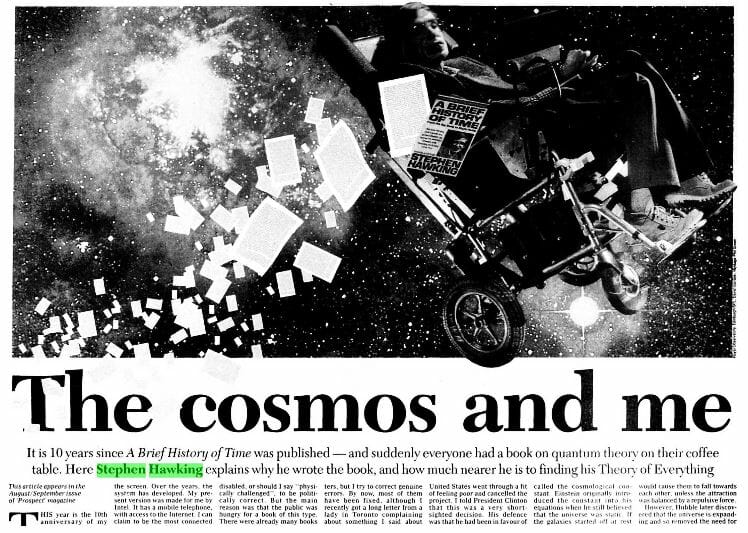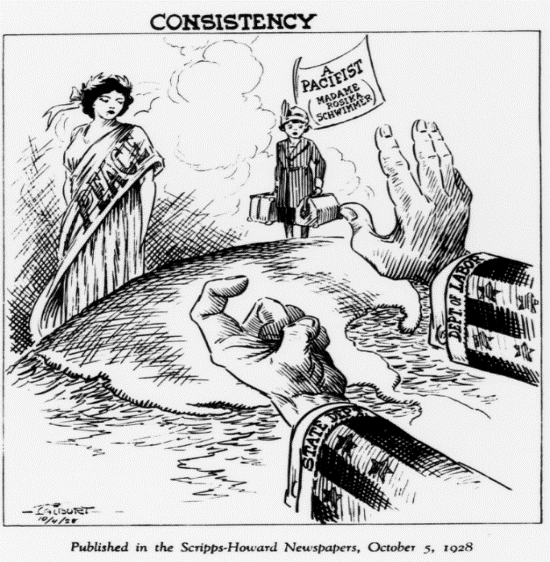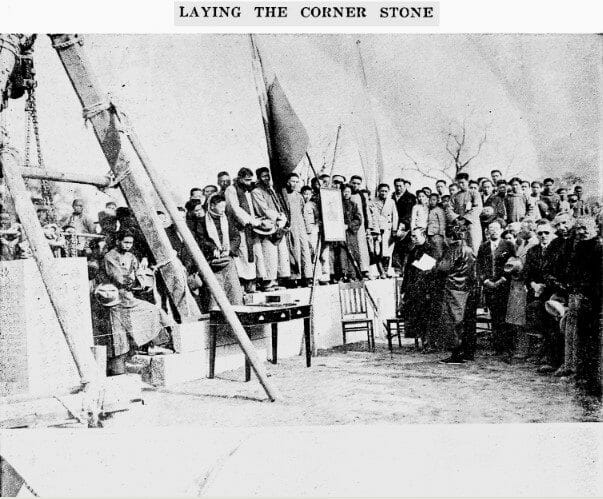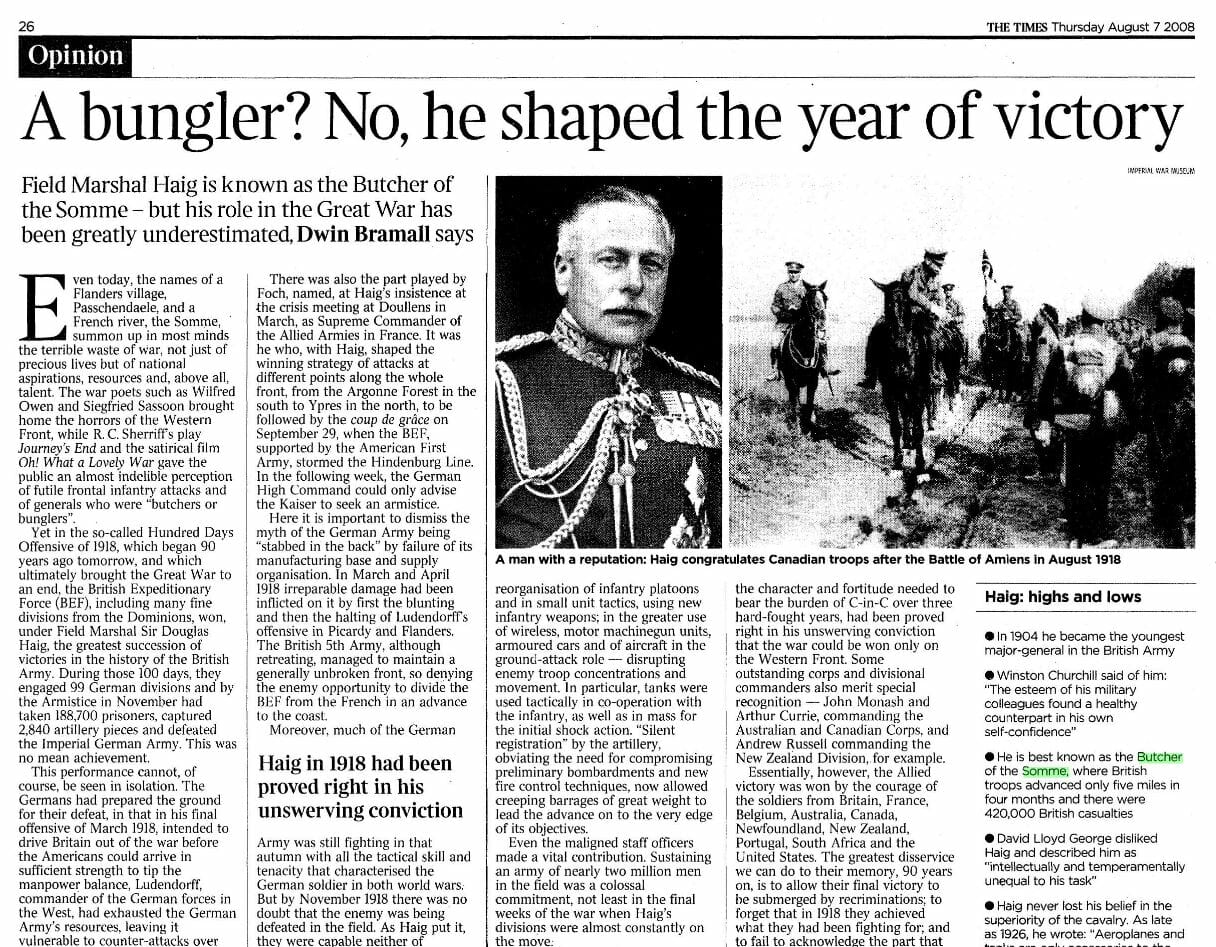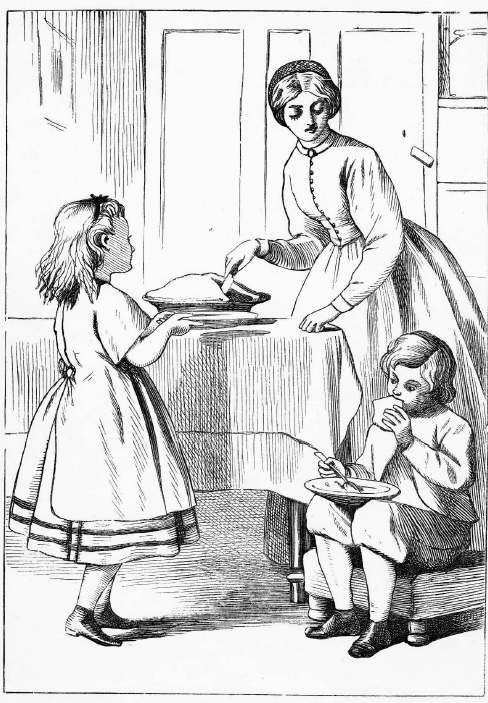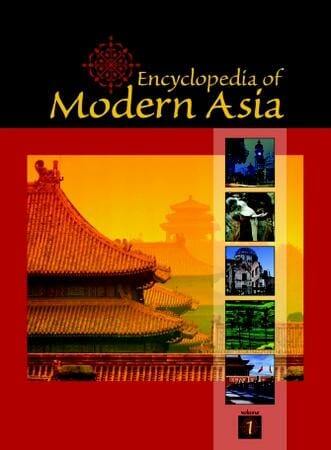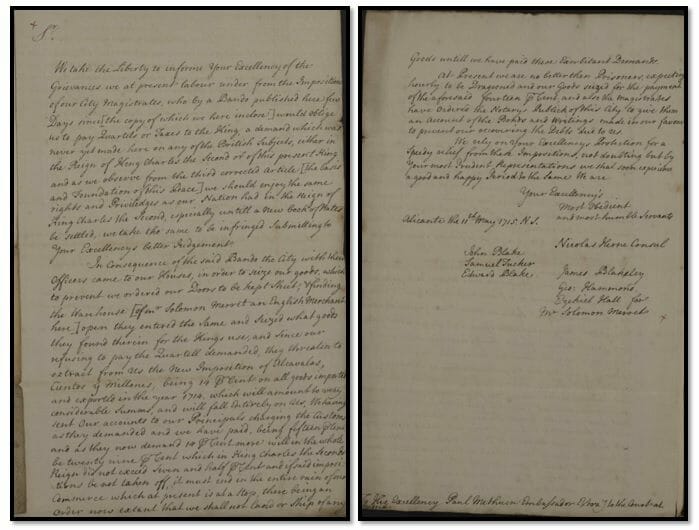Television advertisements in the lead up to Australia Day on 26 January 2017 have been telling the Australian people to celebrate the day “how you want to”. It is an interesting message from the Australian government. A typical Australian reaction to it might be to ask, if now we are to celebrate it how we want to, what was the prescribed method beforehand? Another broad section of the community might wonder whether the day has ever been celebrated at all – isn’t it just another public holiday? But, taking it in good faith, clearly this message is intended as an open and friendly acknowledgement of the fact that, for many of the people of Australia in 2017, Australia Day is not what it once was. Although the Queen of England remains our constitutional head of state, in today’s multi-cultural, multi-faith community the observance of Australia Day as a celebration of its anniversary is becoming more marginalised every year. The fact is that, quite apart from the ancient claim of the aboriginal people, many countries and cultures can say they have had a part in the creation of modern Australia. Some have done so during the 20th and 21st centuries with contributions to culture, cuisine or the arts. Others have done so by virtue of a particular historical incident.
History
‘A Genteel Murderess’ – Christiana Edmunds and the Chocolate Box Poisoning
One of the delights of a collection like Gale NewsVault is the opportunity to follow the progress of a story through the reports of a range of writers and newspapers, and to draw new conclusions on social and political themes. Coverage of stock markets collapsing or governments changing hands can help illustrate such topics, and offer researchers insight into public opinion, debate and interests. So too can smaller stories, such as a seaside town witnessing a string of unexpected and unusual murders, straight out of the Golden Age of Crime.
“This is all mind-boggling stuff”: The Reception of A Brief History of Time
On January 8th 2017, Professor Stephen Hawking celebrates his 75th birthday. Few scientists have such a strong place in the popular imagination, being the subject of numerous media from Hollywood films to documentaries to books, among many others. For 30 years he held the post of Lucasian Professor at Cambridge University, a chair held by no less than Sir Isaac Newton, filling some rather large shoes.
The American Civil Liberties Union – foundation, campaigns and contemporary relevance
After the First World War, many Americans feared that the Communist Revolution in Russia would spread to the United States. Fear outweighed rational debate, leading to a clamp down on civil liberties, with thousands arrested without warrants. In response, a small group of individuals set up the American Civil Liberties Union (ACLU). In the years since then, the ACLU has evolved from a small organization to the nation’s principal defender of civil rights, playing a role in some of the most famous events in twentieth-century American history.
Dr. Sun Yat-sen, the man who led China from Empire to Republic
Sun Yat-sen (孫逸仙aka. 孫中山 or 孫文; 1866–1925) was a Chinese revolutionary and leader of a series of armed uprisings that led to the downfall of China’s last imperial dynasty (the Qing) in 1911 and the founding of the Republic of China in 1912. November 12 this year marked his 150th birthday.
Searching for his name (“Sun Yat-sen” or “Sun Wen”) in Gale’s China from Empire to Republic: Missionary, Sinology and Literary Periodicals – a unique collection of 17 English-language periodicals published in and about China – offers the researcher a significant quantity of material about this individual. Over two-thirds of the 300-plus search results are from The China Critic and Tienhsia Monthly – periodicals run by Chinese intellectuals. His activities and ideas also attracted the attention of Westerner- or missionary-established periodicals such as The Chinese Recorder, West China Missionary News, and The China Yearbook.

Contention in the British Press: WWI – Likelihood and Leadership
The British press – one of the noisiest, most opinionated and longest-running media institutions in the world – is known for its history of wide-ranging debate and reporting. Encompassing so many digital newspaper archives, the Gale Primary Sources programme offers a comprehensive view of the landscape of opinions and commentary which have featured in the British press at any one time. This makes it a great resource for those studying contemporary opinions about a particularly issue or controversy, or how attitudes have evolved over time. This is the first of two posts looking at how persuasion, debate and clashes of opinion have coloured the British press at particular historical moments; in this case, during the First World War. Next week I’ll be posting about the altercations that arose around the rise of Fascism. As well as some of the most well-known arguments, these posts will bring to the fore views which have now been side-lined, discredited or simply eclipsed by modern interpretations.
The Development of the British Palate, Part 2
Written by Jess Edwards and Daniel Pullin
In case you missed it, last week we posted the first instalment of our extended exploration of the development of the modern British palate. Inspired by the events taking place around the UK for British Food Fortnight, we considered what actually constitutes ‘British Food’. The phrase can, of course, describe food produced in Britain, but it could also mean the food eaten most regularly in the UK, and entrenched in British culture – and many of the meals commonly eaten in Britain today have been introduced from foreign shores. Last week we unearthed historical copies of recipes for, and discussion about, two meals which have become staples in the British diet; curry and pasta. We also rustled up our own versions using the following historical instructions! (Follow this link to see the results of our culinary experiments!)
This week we’re continuing our investigation into the historical background of foods commonly consumed in modern Britain, and this time we’ve chosen to focus on a couple of recipes with clearer British origins. Both have still, however, undoubtedly undergone their own evolution and adaption – even if largely due to the impact of mass production!
The Development of the British Palate, Part 1
Written by Jess Edwards and Daniel Pullin
Daniel and I are both keen on History – and food! The events currently taking place throughout the UK to celebrate British Food Fortnight led us to consider what actually constitutes ‘British Food’. Of course, in one sense the phrase describes food produced in Britain, but it could also mean the food eaten most regularly in the UK, and entrenched in British culture, which equates to a very different interpretation of ‘British Food’. Many of the meals most commonly eaten in Britain today have been introduced from foreign shores. We decided to explore the development of the modern British palate in the Gale archives, and unearthed historical references to both foreign and native recipes – as well as learning how both have solidified their reputation and popularity in British food culture. And to add an amusing twist, we thought we’d rustle up a few dishes under the guidance of these historical recipes…!
The Origin of Mid-Autumn Festival – “Zhong Qiu Jie”
By Cathy Huang
“Zhong Qiu Jie”, which is also known as the Mid-Autumn Festival, is celebrated in China and Vietnam on the 15th day of the 8th month of the lunar calendar. It is a time for family members and loved ones to congregate and enjoy the full moon – an auspicious symbol of abundance, harmony and luck. Adults will usually indulge in fragrant mooncakes of many varieties with a good cup of piping hot Chinese tea, while children run around with brightly-lit lanterns.
18th-Century Brexit? A sneak preview of State Papers Online: Eighteenth Century: Part III
When reading through some documents contained within the State Papers’ SP94 (Spain) series recently, I was struck by some parallels between early-eighteenth century diplomatic relations and those of our current post-‘Brexit’ times. There is palpable tension in Anglo-Spanish relations from the letters exchanged between British Ambassador to Spain Paul Methuen and James Stanhope, Secretary of State for the Southern Department.
More broadly, this was a time of flux for European relations, with 1713 marking the end of what has been termed the first ‘global’ war: the War of Spanish Succession. Lasting for thirteen years, the war placed greater strain on European ties. Developing from a dispute over the succession of the Spanish throne when King Carlos II died childless in 1700 (leaving the Bourbon, Philippe Duc d’Anjou as his heir), England, Austria, and the Dutch Republic could not countenance a Franco-Spanish alliance dominating Europe. They therefore rejected the proposed succession by declaring war. After a thirteen-year campaign, the 1713 treaty concluding the war confirmed the succession of Philippe as Felipe V of Spain. As those letters show though, this succession prompted a re-evaluation of Anglo-Spanish trade arrangement.

